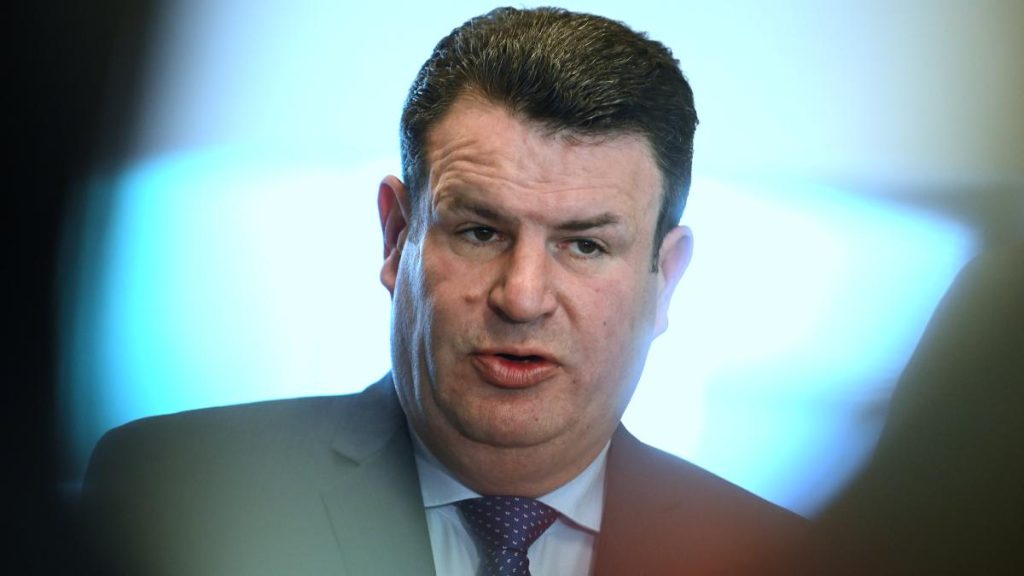Over 5.5 million adults and children receiving Bürgergeld, a form of welfare in Germany, may not see an increase in their monthly payments in 2025. This was stated by Bundesarbeitsminister Hubertus Heil during a government questioning session in the Bundestag. He mentioned that the monthly amounts had already increased significantly at the beginning of 2024 due to high inflation. However, with inflation rates expected to decrease, the Ministry estimates that there may be a possibility of a “zero increase” in January 2025.
The calculation of Bürgergeld payments takes into account the inflation rate, which was lower than expected during the last increase in benefits. In early 2024, the monthly payments had increased by up to 61 euros per month. The current standard rate for a single adult receiving Bürgergeld is 563 euros, with additional support provided for rent and heating costs.
This announcement has raised concerns among recipients of Bürgergeld, as any potential freeze in payments could impact their ability to cover living expenses. The Ministry’s decision is based on the current economic situation and inflation forecasts, which suggest a stabilization in prices. Critics argue that this could lead to financial hardship for those already struggling to make ends meet.
Bürgergeld is a crucial form of social assistance in Germany, providing financial support to millions of individuals and families. The program aims to ensure that all citizens have access to essential resources for their well-being. However, the possibility of a freeze in payments reflects broader challenges related to rising living costs and economic uncertainty.
Efforts are being made to address the issue, with discussions ongoing about how to best support Bürgergeld recipients in the face of potential payment freezes. The government is considering various options to mitigate the impact on vulnerable households, including targeted assistance programs and social welfare reforms. It remains to be seen how this situation will unfold and what measures will be taken to support those in need.
In conclusion, the debate surrounding Bürgergeld payments highlights the complex interplay between social welfare policy, economic factors, and individual well-being. The government’s decision to potentially freeze payments in 2025 underscores the need for a comprehensive approach to addressing poverty and inequality in society. It is crucial for policymakers to consider the impact of their decisions on those most vulnerable and to work towards solutions that promote social justice and economic stability.


